
More information: https://youtu.be/ZwUl8dD1hFY?si=lthv9fpa6eLluoxo
He gave an inspiring talk on causal inference, and his contagious enthusiasm sparked a genuine interest in applying these methods in Luxembourg. 1/3🧵
Future speakers from an amazing lineup include @georgiatomova.bsky.social, @miguelhernan.org, Mats Stenrund, & @dingdingpeng.the100.ci!
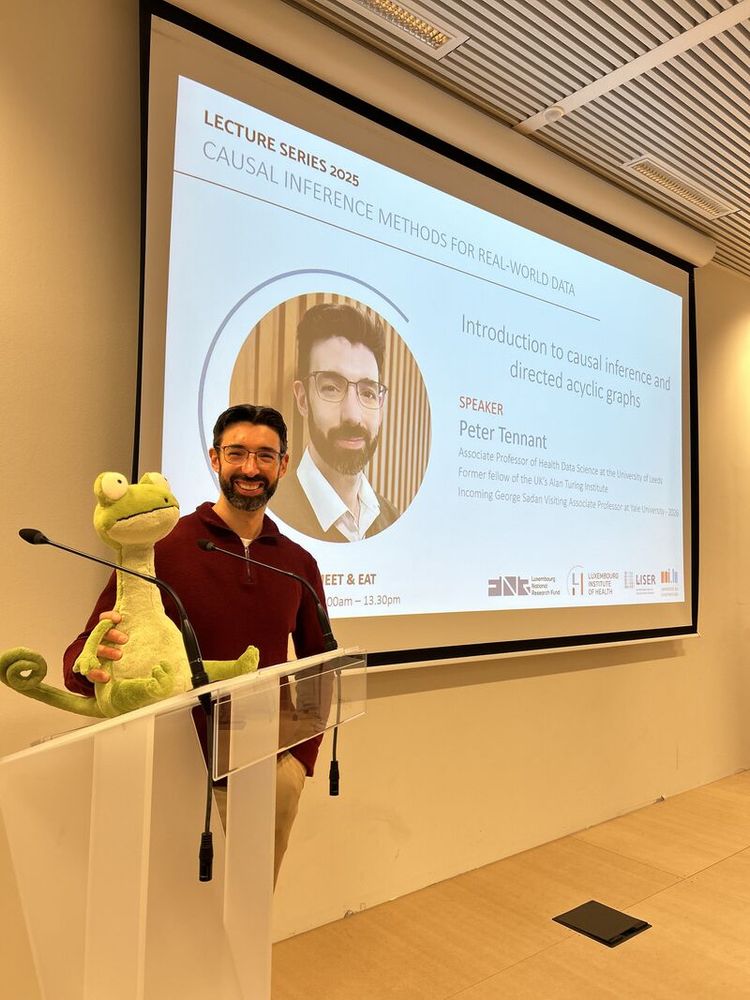
He gave an inspiring talk on causal inference, and his contagious enthusiasm sparked a genuine interest in applying these methods in Luxembourg. 1/3🧵
Read more here: open.substack.com/pub/epiellie...

Read more here: open.substack.com/pub/epiellie...

#CausalIntroCourse
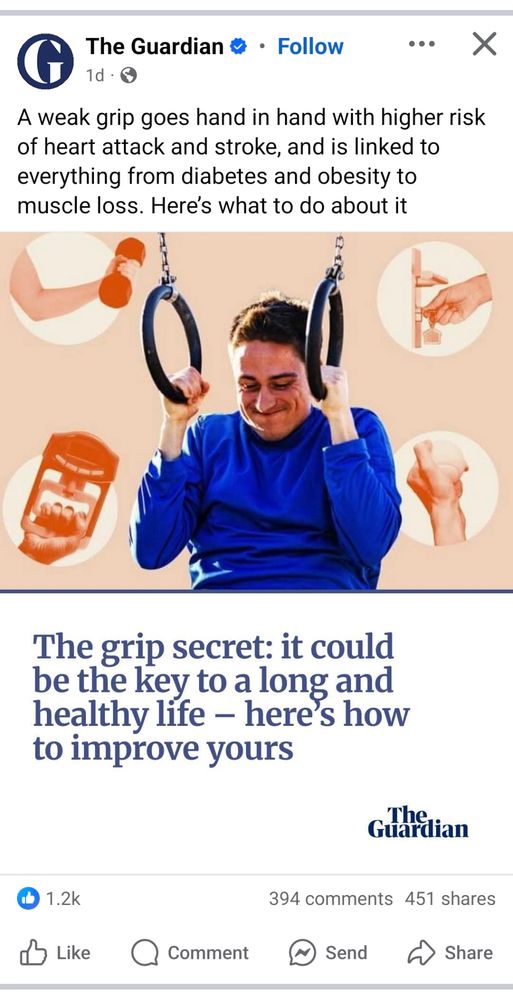
#CausalIntroCourse
"Hmm, this association looks unusual" 🤔
After #CausalInferenceIntro:
"Have you considered the possibility of collider bias?" 🤓
@pwgtennant.bsky.social @georgiatomova.bsky.social @jlrohmann.bsky.social @meghanforr.bsky.social
@laurieberrie.bsky.social
Rodrigo
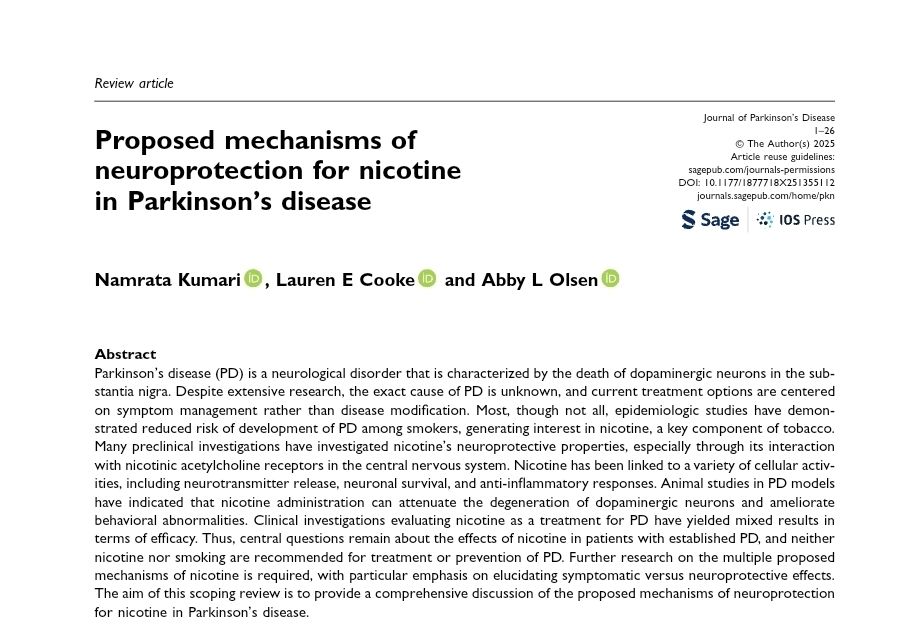
"Hmm, this association looks unusual" 🤔
After #CausalInferenceIntro:
"Have you considered the possibility of collider bias?" 🤓
@pwgtennant.bsky.social @georgiatomova.bsky.social @jlrohmann.bsky.social @meghanforr.bsky.social
@laurieberrie.bsky.social
Rodrigo
My favourite part of the #CausalIntroCourse!

My favourite part of the #CausalIntroCourse!
Today's menu: DAGs and Propensity Scores
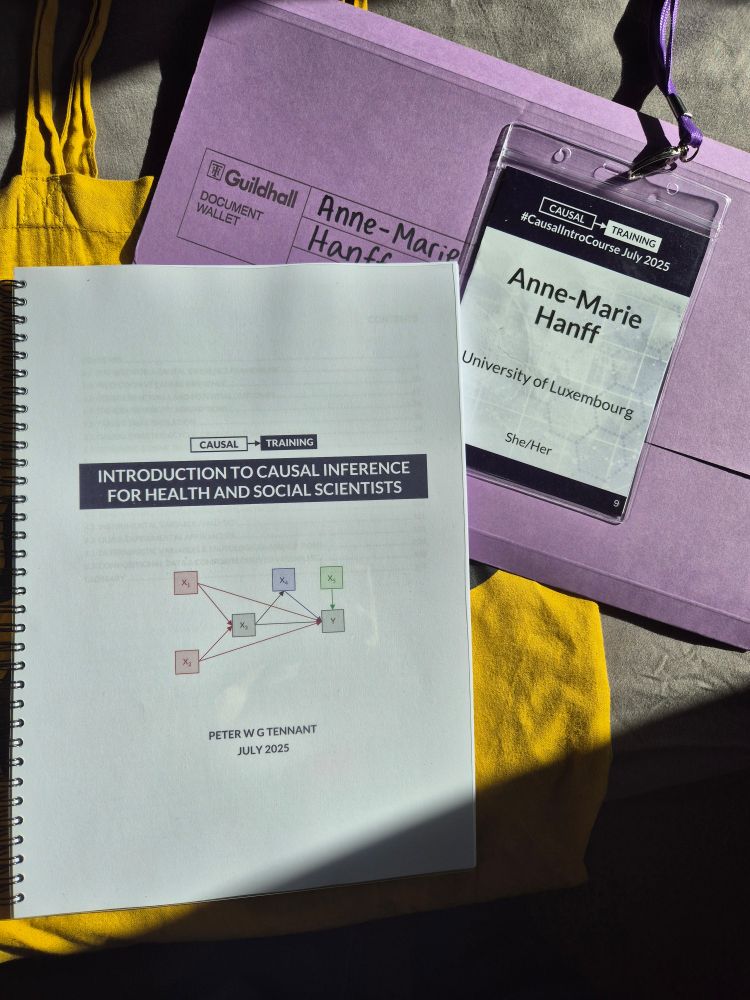
Today's menu: DAGs and Propensity Scores
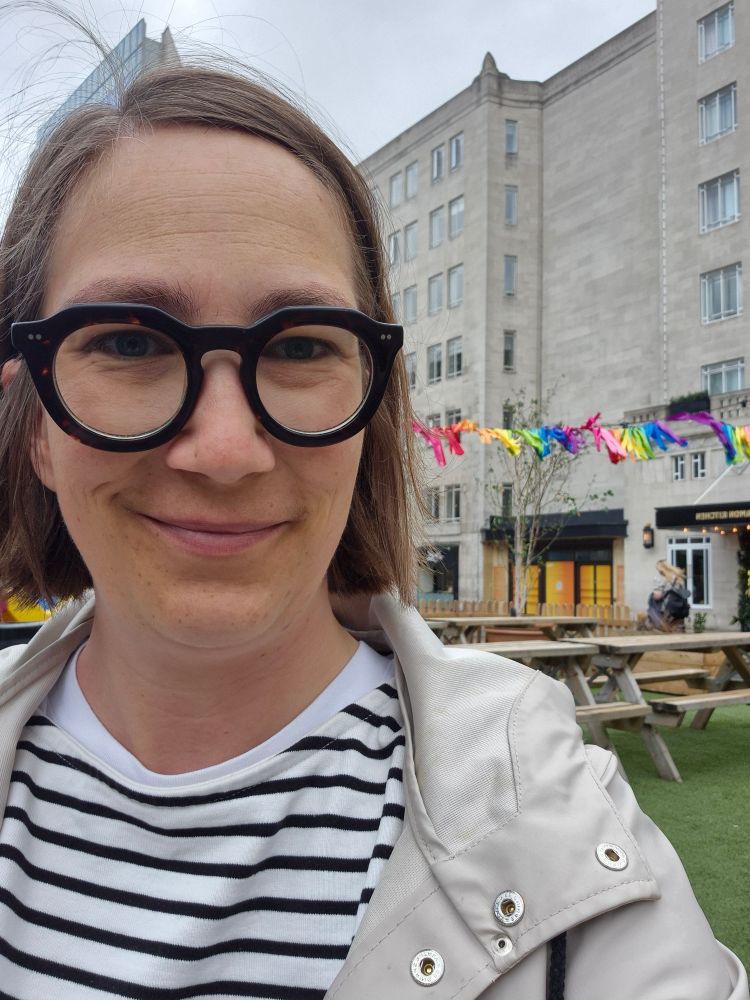

Next speaker: @chrismccrum.bsky.social, the promising scientist of 2025 👏
#NursesCanSciences

Next speaker: @chrismccrum.bsky.social, the promising scientist of 2025 👏
#NursesCanSciences
Did you know that Parkinson's disease is 1.4 times more common in men than women? But that’s not the whole story—men also experience a faster worsening of symptoms compared to women.🧵
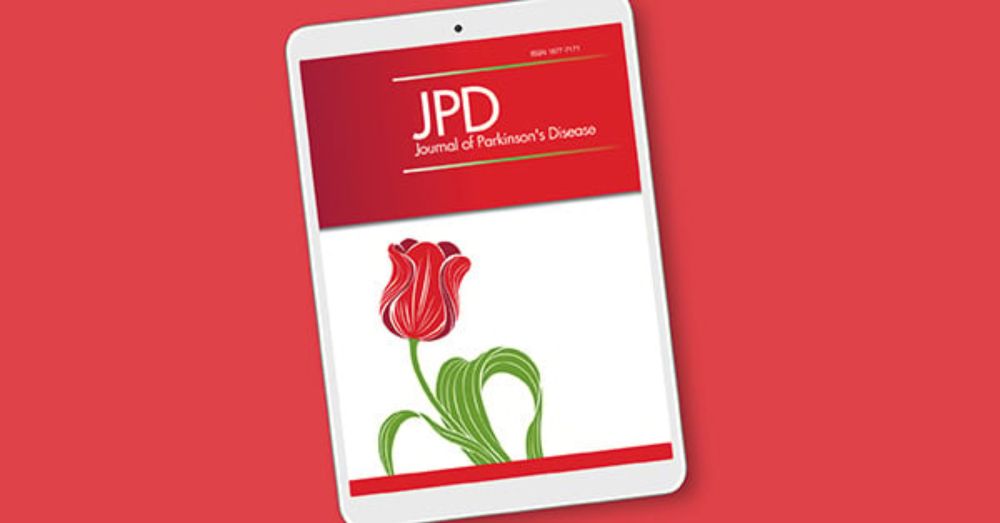
Did you know that Parkinson's disease is 1.4 times more common in men than women? But that’s not the whole story—men also experience a faster worsening of symptoms compared to women.🧵
Firwat geheit de Banksy de Batman an d'Poubelle 🗑?
Des Froe konnt ech gläich 4 mol mat de SchuelerInnen aus der
Ecole Privee Sainte Sophie diskutéiere souwéi aner Virurteeler zu eiser Professioun opklären.

Firwat geheit de Banksy de Batman an d'Poubelle 🗑?
Des Froe konnt ech gläich 4 mol mat de SchuelerInnen aus der
Ecole Privee Sainte Sophie diskutéiere souwéi aner Virurteeler zu eiser Professioun opklären.
How it is going


How it is going
Mixed effects models but not t-tests or linear regression detect progression of apathy in Parkinson’s disease over time: A comparative analysis.
osf.io/preprints/os...
It is so much fun to use and then share with students
Teaching on regression and just used the check_model() function and look at this beautiful figure

It is so much fun to use and then share with students
Teaching on regression and just used the check_model() function and look at this beautiful figure
Right: a sex-specific symptom progression figure w longitudinal data from Luxembourg Parkinson's Study in
Anne-Marie Hanff's new preprint: osf.io/f64zv/


Right: a sex-specific symptom progression figure w longitudinal data from Luxembourg Parkinson's Study in
Anne-Marie Hanff's new preprint: osf.io/f64zv/
Determinants of patient-reported functional mobility in people with Parkinson's disease: A systematic review
www.sciencedirect.com/science/arti...

Determinants of patient-reported functional mobility in people with Parkinson's disease: A systematic review
www.sciencedirect.com/science/arti...



